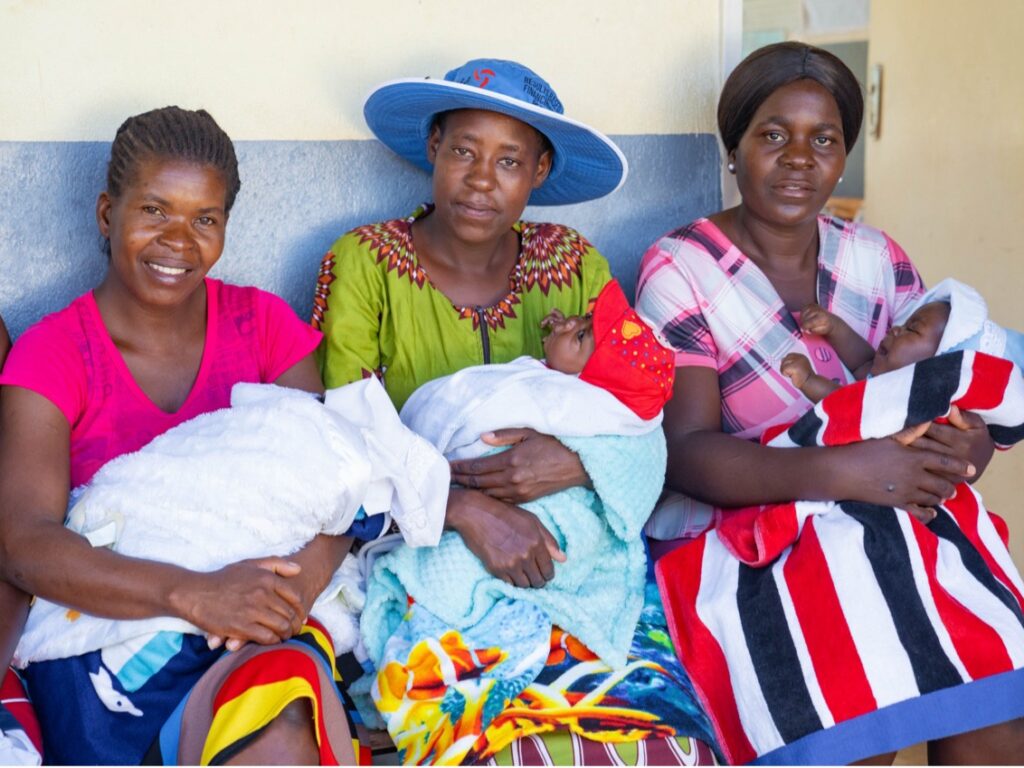The Health Sector Development Project, implemented in Zimbabwe from 2011 to 2024, introduced results-based financing to enhance access to quality reproductive, maternal, newborn, and child health services.

Initially piloted in two rural districts, the programme expanded to 16 more districts in 2012 and, by 2014, to Harare and Bulawayo under the Urban Voucher initiative, supporting women in need. By 2020, with backing from the Health Transition Fund, RBF was scaled up nationwide, covering all 42 districts.
The project took a comprehensive approach to strengthen the national health system. It engaged village health workers in selected districts to improve service demand and coverage. These workers were trained and equipped with tools to streamline service reporting and coordination.
Promoting Quality Care
Results-based financing improved the management of medical complications at provincial and central hospitals, reducing maternal deaths and enhancing care quality across facilities.
- Over 1 million women accessed prenatal care services through RBF-supported facilities, with 1.39 million completing four or more visits.
- More than 1.1 million women delivered in supported facilities.
- Approximately 2.27 million children received Vitamin A supplementation; over 958,000 children completed essential immunisations.
‘I am grateful for the support I received from the project. I booked my pregnancy and accessed antenatal care visits, delivery through Caesarean section, and postnatal care—all at no cost,’ says Leah Changuchangu, a participant in the Urban Voucher programme at Mabvuku Polyclinic, Harare.
Watch this documentary about the Health Sector Development Project in Zimbabwe:
A Collaborative Effort
The project was co-financed by the World Bank (through the Health Results Innovation Trust Fund and later the Global Financing Facility) and the Government of Zimbabwe, with Cordaid leading implementation.
Sustaining Progress
The Government of Zimbabwe has institutionalised RBF in rural districts, cementing it as a key health financing model. Efforts continue to sustain these achievements and ensure ongoing maternal and child health improvements for future generations.
